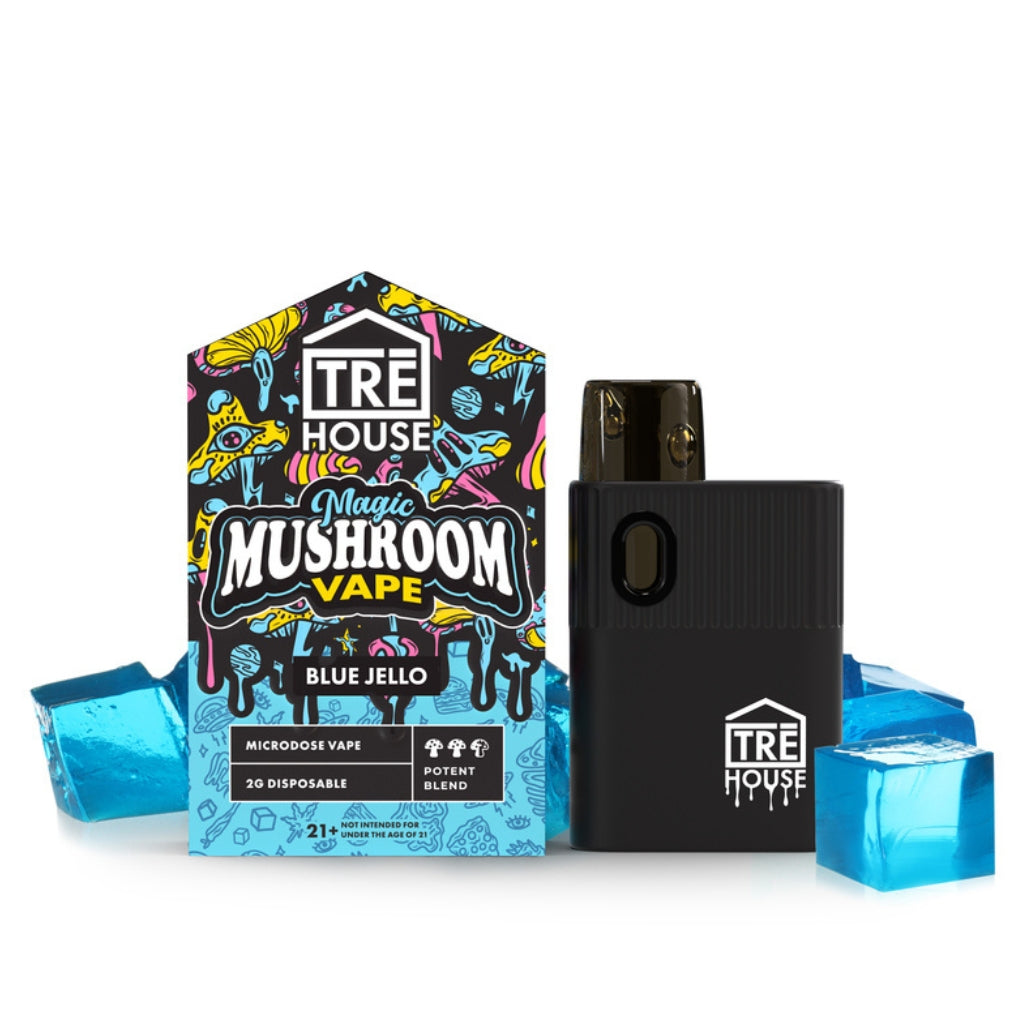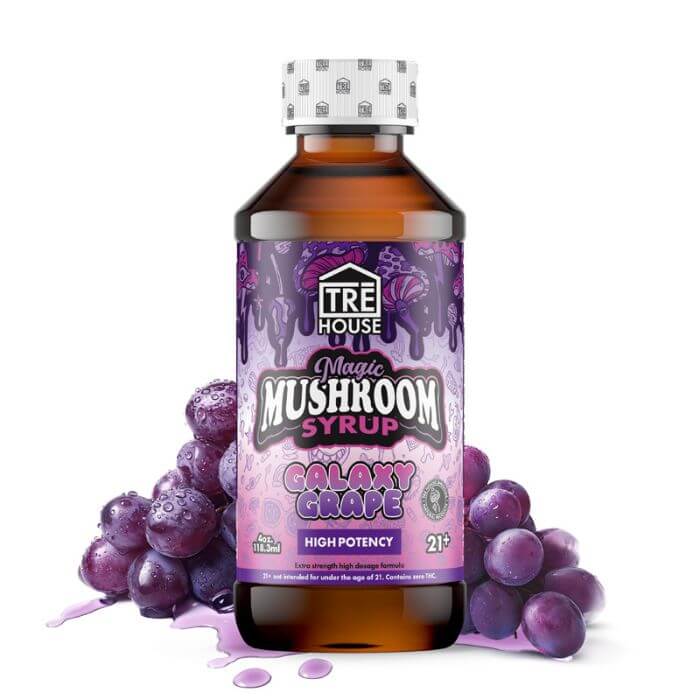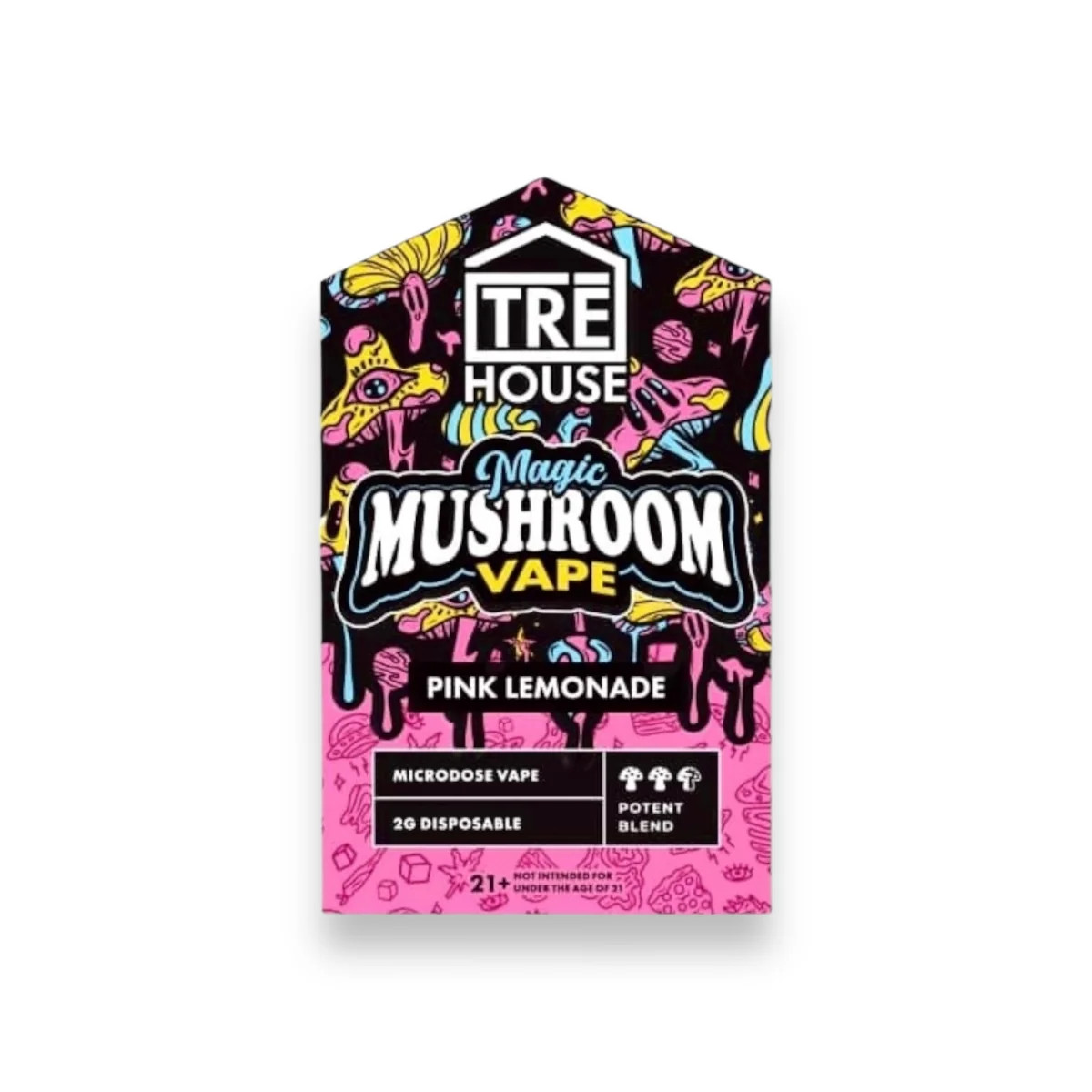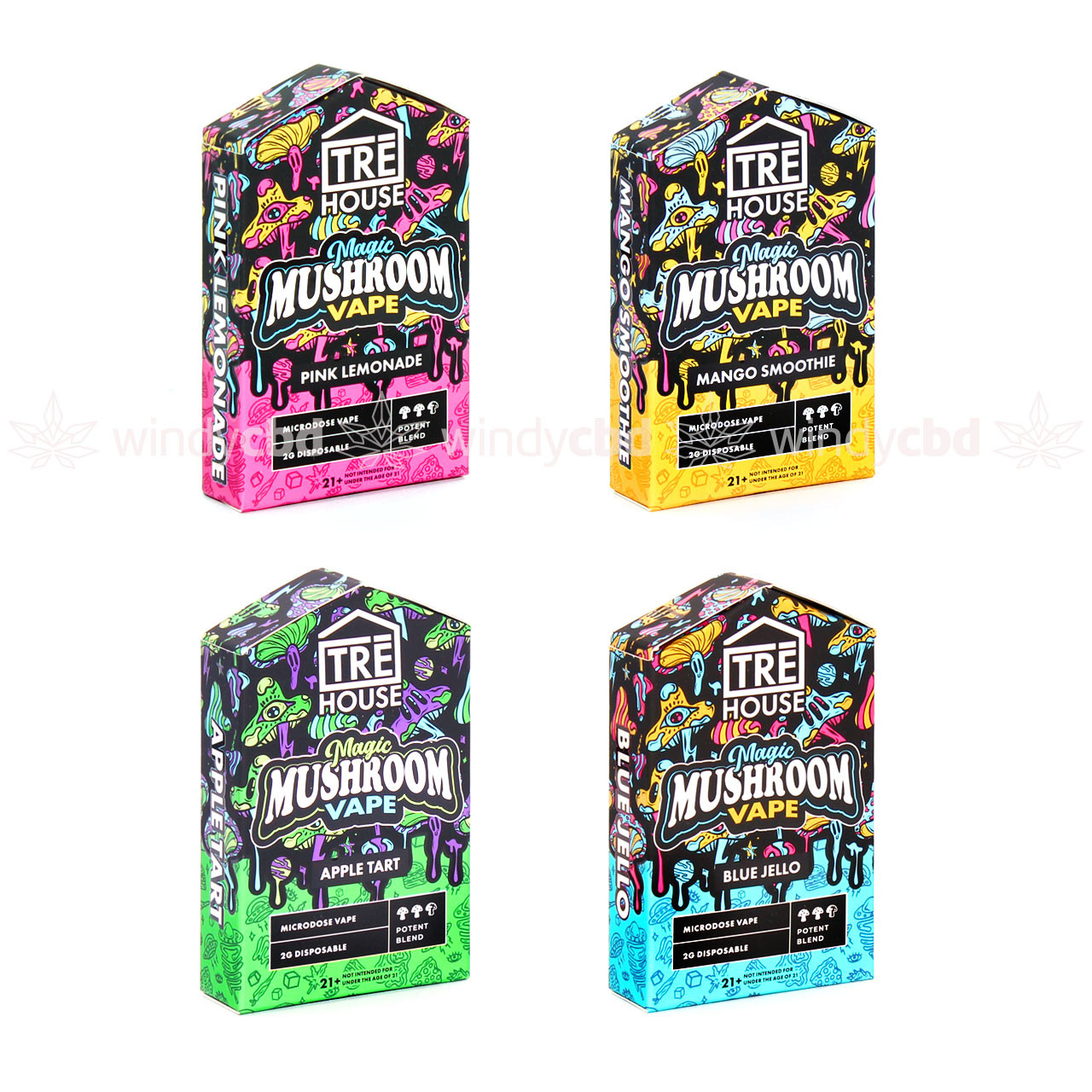Tre House Mushroom Vape Drug Test

Imagine a sunny afternoon, a group of friends gathered, laughing and sharing stories. The air is filled with a light, almost sweet scent, reminiscent of berries and sunshine. Someone pulls out a sleek, colorful vape pen, and the conversation turns to the latest buzz: Tre House Mushroom Vapes. But amidst the excitement, a question lingers – will these vapes show up on a drug test?
This article delves into the swirling questions surrounding Tre House Mushroom Vapes and their potential impact on drug test results. Understanding the ingredients, the legal landscape, and the science behind drug testing is crucial for anyone considering these products, and for employers navigating this evolving space.
Understanding Tre House Mushroom Vapes
Tre House has carved a niche for itself in the alternative wellness market, offering a range of products infused with unique combinations of cannabinoids and mushroom extracts. Their mushroom vapes, in particular, have gained popularity for their purported mood-enhancing and relaxation benefits.
These vapes typically contain a blend of ingredients that might include hemp-derived compounds like Delta-8 THC, Delta-9 THC, HHC, and various mushroom extracts, often from species like Lion's Mane, Reishi, or Cordyceps.
It’s important to emphasize that these vapes do *not* contain psilocybin, the psychoactive compound found in "magic mushrooms." The mushroom extracts used are generally considered legal and are often marketed for their cognitive and adaptogenic properties.
The Drug Testing Dilemma
The primary concern regarding Tre House Mushroom Vapes and drug tests revolves around the presence of THC. Standard drug tests, like urine tests, typically screen for THC metabolites, specifically THC-COOH.
If a Tre House vape contains Delta-8 THC or Delta-9 THC, even if it’s derived from hemp, it *could* trigger a positive result on a drug test. The sensitivity of the test and the frequency of vape use will influence the likelihood of detection.
The legal status of Delta-8 THC is complex and varies by state. While federally legal under the 2018 Farm Bill if derived from hemp containing less than 0.3% Delta-9 THC, some states have explicitly banned or restricted its sale and use.
Mushroom Extracts and Drug Tests
The mushroom extracts themselves, such as Lion's Mane, Reishi, and Cordyceps, are *not* expected to cause a positive result on a standard drug test. These extracts are not psychoactive and don't contain compounds that would cross-react with drug screening assays.
However, it's always prudent to verify the ingredients list of any product to ensure it doesn't contain undisclosed or unexpected components that could potentially interfere with a drug test.
Consumers should be wary of products making unsubstantiated claims, and should always purchase from reputable vendors who provide transparent information about their ingredients and manufacturing processes.
Navigating the Legal Landscape
The evolving legal landscape surrounding hemp-derived cannabinoids adds another layer of complexity. Regulations are constantly changing, and what is legal in one state may be prohibited in another.
Individuals subject to drug testing, whether for employment, probation, or other reasons, should carefully consider the potential risks associated with using Tre House Mushroom Vapes or any similar product containing THC.
Open communication with employers or relevant authorities about the use of such products can help to avoid misunderstandings and potential repercussions. Documenting product purchases and ingredients can also be beneficial.
Expert Opinions and Scientific Insights
According to Dr. Emily Carter, a leading expert in cannabinoid pharmacology, "The key concern is the THC content. Even if a product is labeled as 'hemp-derived,' the presence of Delta-8 or Delta-9 THC can lead to a positive drug test. Consumers need to be aware of this risk."
Dr. Carter further emphasizes the importance of third-party lab testing. "Reputable companies will provide Certificates of Analysis (COAs) that verify the cannabinoid content and ensure the product is free from contaminants. Always look for a COA before purchasing any cannabinoid product."
Independent studies on the metabolism of Delta-8 THC have shown that it is metabolized similarly to Delta-9 THC, meaning it can produce the same THC-COOH metabolite that drug tests target. This further supports the likelihood of a positive result.
Mitigation Strategies and Considerations
If you are considering using Tre House Mushroom Vapes and are subject to drug testing, there are a few strategies you can consider.
First and foremost, carefully review the product label and COA to understand the precise THC content. Opt for products that are THC-free or contain only trace amounts, if possible.
Secondly, consider alternative products that do not contain THC but still offer similar benefits. Many mushroom supplements, such as Lion's Mane capsules or Reishi tea, can provide cognitive support and relaxation without the risk of a positive drug test.
The Future of Alternative Wellness
The market for alternative wellness products is rapidly evolving, with new cannabinoids and mushroom extracts constantly emerging. As research progresses and regulations become clearer, consumers will have access to more information and safer options.
The key is to approach these products with a critical and informed mindset, prioritizing transparency, quality, and compliance with local laws and regulations.
Companies like Tre House play a role in educating consumers and ensuring that their products meet the highest standards of safety and efficacy.
Conclusion: Informed Choices and Responsible Use
The question of whether Tre House Mushroom Vapes will cause a positive drug test ultimately depends on the specific product, the individual's usage, and the sensitivity of the test. While the mushroom extracts themselves are unlikely to be problematic, the presence of THC is a significant concern.
By understanding the ingredients, the legal landscape, and the science behind drug testing, individuals can make informed choices and use these products responsibly. Open communication, careful research, and a commitment to transparency are essential for navigating this evolving space.
Ultimately, the goal is to harness the potential benefits of alternative wellness products while mitigating any potential risks to personal or professional well-being. The journey requires awareness, diligence, and a commitment to responsible consumption.

















